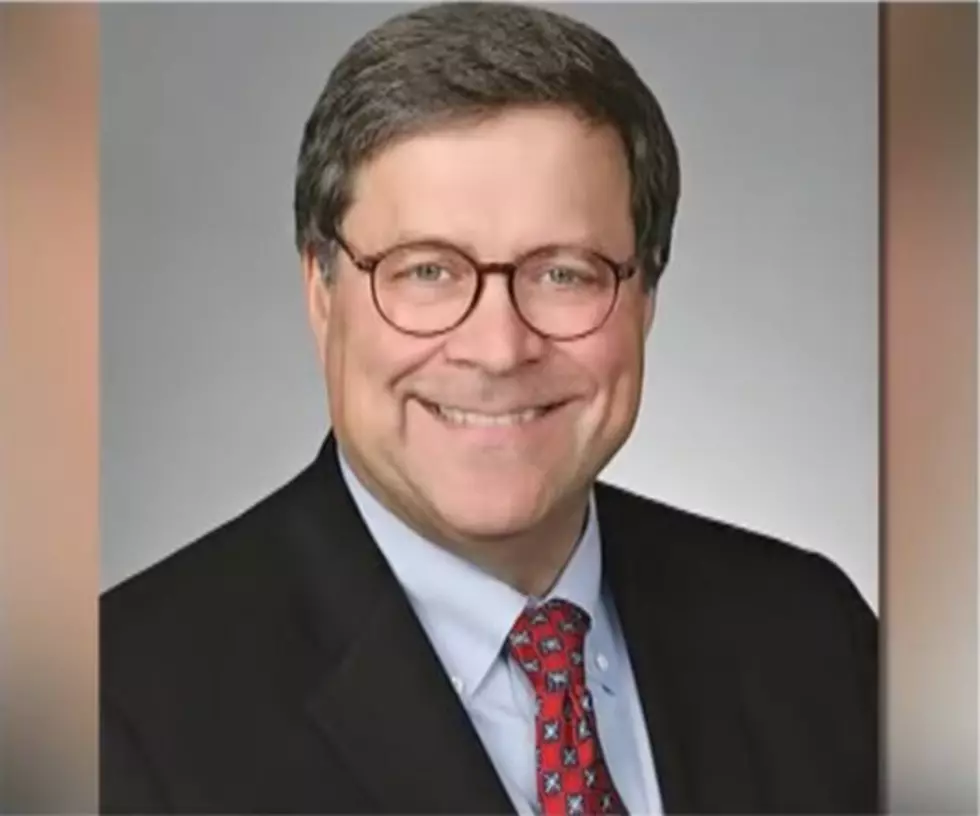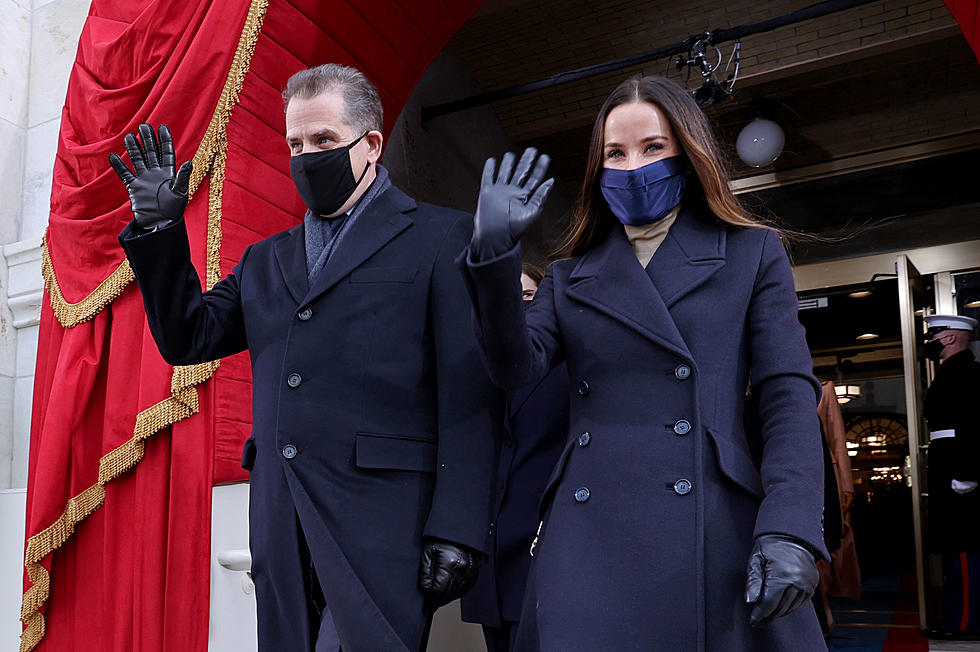
Democrats To Prepare Subpoenas For Full Mueller Report
The planned committee vote, announced Monday morning, would not automatically issue subpoenas but authorize House Judiciary Committee Chairman Jerrold Nadler, D-N.Y., to send them.
The panel will also vote to authorize subpoenas related to a number of President Donald Trump's former top advisers, including strategist Steve Bannon, Communications Director Hope Hicks, Chief of Staff Reince Priebus, White House Counsel Donald McGahn and counsel Ann Donaldson. Donaldson served as McGahn's chief of staff before both left the administration.
The five were probably key witnesses in Mueller's probe of possible obstruction of justice. The meeting notice says they "may have received documents from the White House relevant to the special counsel investigation, or their outside counsel may have, waiving applicable privileges under the law." The subpoenas would be related to documents where executive privilege was waived "and related matters," the notice says.
The former White House advisers were included in a massive document request the committee made last month. Nadler sent requests to 81 people connected to Trump's political and personal dealings as he launched a wide-ranging investigation into possible obstruction of justice, public corruption and abuses of power.
Democrats have said they will not accept a redacted version of the report, which is what Barr is preparing. Barr said in the letter Friday that he is scrubbing the report to avoid disclosing any grand jury information or classified material, in addition to portions of the report that pertain to ongoing investigations or that "would unduly infringe on the personal privacy and reputational interests of peripheral third parties."
Democrats want all of that information, even if some of it can't be disclosed to the public. They are citing precedents from previous investigations involving presidents and also information disclosed about the Russia investigation to Republicans last year when they held the House majority.
Barr wrote in his summary that the special counsel did not find that Trump's campaign "conspired or coordinated" with the Russian government to influence the 2016 presidential election. He said Mueller reached no conclusion on whether Trump obstructed the federal investigation, instead setting out "evidence on both sides" of the question.
Barr himself went further than Mueller in his summary letter, declaring that Mueller's evidence was insufficient to prove in court that Trump had committed obstruction of justice to hamper the probe.
Democrats say they want to know much more about both conclusions and they want to see the evidence unfiltered by Barr.
More From News Talk 96.5 KPEL









